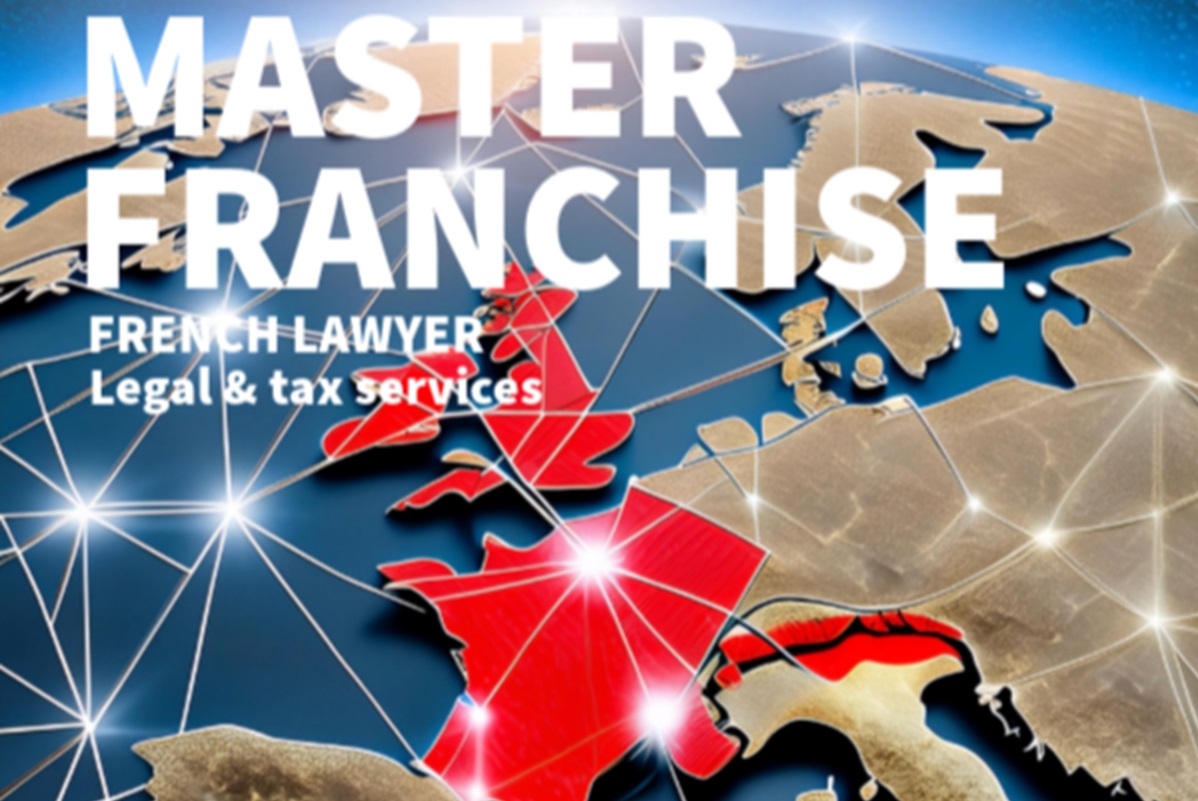Navigating the French Market through Master Franchising


Entry strategy and market penetration
Master franchising is an effective strategy for entering the French market, enabling brands to use established business models adapted to local conditions under the guidance of a master franchisee.
Legal and Financial Considerations
The French legal framework supports franchising with provisions that facilitate market entry and operations. Franchise agreements require no specific registration and allow for unrestricted financial transactions with foreign countries, simplifying the remittance of royalties and other payments (Article L.151-1, Monetary and Financial Code).
Moreover, franchising is primarily regulated by Article L330-3 of the Commercial Code which explains that « Any person who makes available to another person a trade name, trademark, or sign, requiring them to commit to exclusivity or quasi-exclusivity in the exercise of their activity, is obliged, prior to the signing of any contract concluded in the common interest of both parties, to provide the other party with a document containing truthful information, enabling them to make an informed commitment ». This means that a franchisor who allows a franchisee to use a trade name, trademark, or sign, and requires that person to commit to exercising their activity exclusively or almost exclusively under that brand or sign, is obliged to provide that person, prior to the signing of any contract between them, with an information document. This document must contain truthful and complete information, enabling the person to make an informed decision with full knowledge before committing contractually.
Indeed, the franchisor must provide the prospective franchisee with a pre-contractual information document (DIP) at least 20 days before the franchise agreement is signed. This document must contain essential information about the market, the company’s financial performance, and the contractual obligations.
Thus, there is a contractual complexity in managing the relationships between the franchisor, the master franchisee, and the local franchisees. This complexity arises from the need to comply with legal and contractual obligations, particularly regarding the provision of precise and honest information before the signing of any contract.
Benefits of Master Franchising in France
- Regulatory ease : The absence of exchange controls and the simplified setup process for foreign franchisors enhance operational efficiency.
For example a U.S.-based fast-food chain entering the French market can smoothly transfer funds and remit royalties without facing stringent exchange controls, thereby reducing administrative burdens and speeding up the establishment of operations.
- Detailed contractual framework : Franchise agreements are detailed, including specifics on exclusivity, financial obligations, and technical know-how, ensuring comprehensive understanding and compliance.
For instance a Canadian retail brand expanding into France can craft franchise agreements that clearly outline the obligations of the master franchisee, including detailed training programs, marketing support, and financial reporting requirements, ensuring both parties are aligned and operations run smoothly.
- Strategic Expansion : France’s position as a gateway to Europe offers significant expansion opportunities utilizing the master franchising model for broader market access.
Namely an Australian fitness chain using the master franchising model in France can not only penetrate the French market but also leverage France’s strategic location and business networks to expand into neighboring European countries, benefiting from shared logistics and marketing efforts.
Conclusion :
The master franchising model in France offers a structured and efficient pathway for international franchisors to establish and expand their presence, supported by a robust legal framework that provides clear advantages and growth opportunities. Master franchising presents a compelling strategy for entering the French market, allowing brands to leverage established business models adapted to local conditions with the support of a master franchisee. The French legal framework is favorable to franchising, with provisions that facilitate market entry and operations. Franchise agreements are straightforward, requiring no specific registration and permitting unrestricted financial transactions with foreign countries, thereby simplifying the remittance of royalties and other payments.
In summary, while master franchising in France entails navigating a complex contractual landscape, the regulatory ease, detailed contractual framework, and strategic expansion opportunities make it a highly advantageous entry strategy for international brands.
About the Author :
Business lawyers, bilingual, specialized in acquisition law; Benoit Lafourcade is co-founder of Delcade lawyers & solicitors and founder of FRELA; registered as agents in personal and professional real estate transactions. Member of AAMTI (main association of French lawyers and agents).
FRELA : French Real Estate Lawyer Agency, specializing in acquisition law to secure real estate and business transactions in France.
Paris, 19 Rue du Colisee, 75008 Paris
Bordeaux, 24 Rue du manège, 33000 Bordeaux
Lille, 40 Theater Square, 59800 Lille





